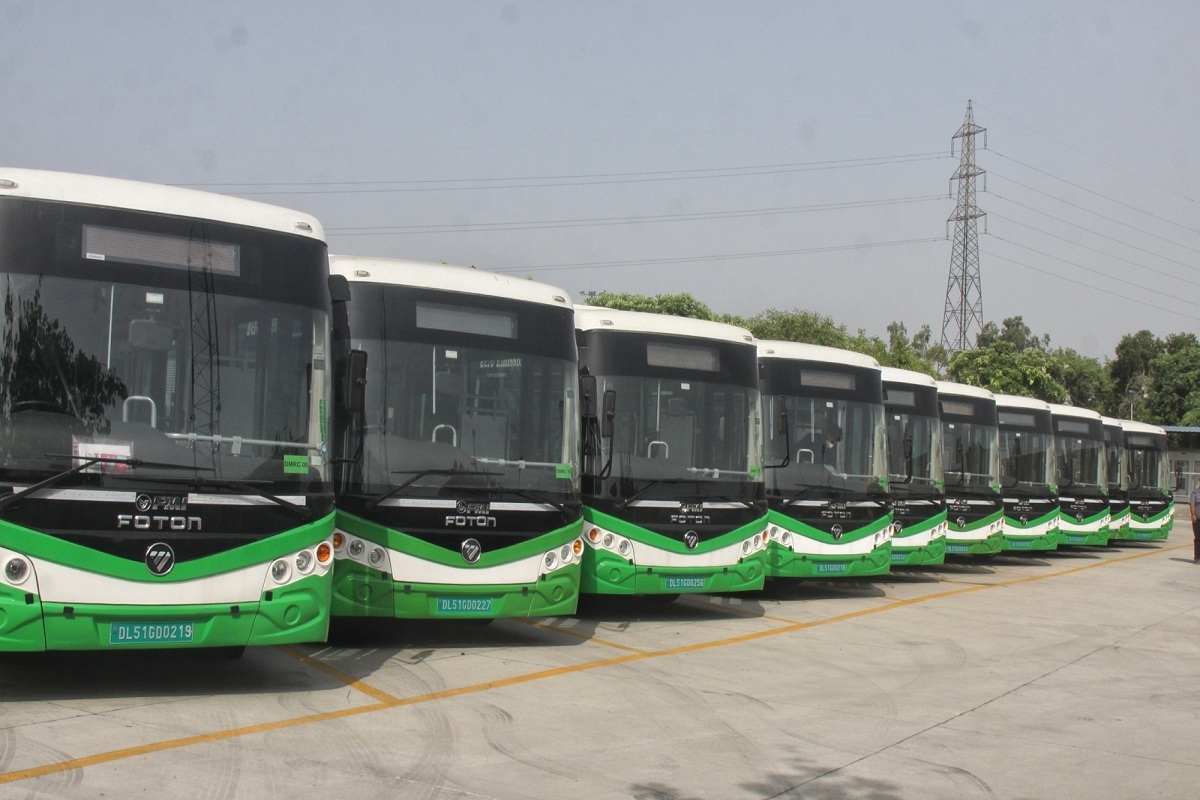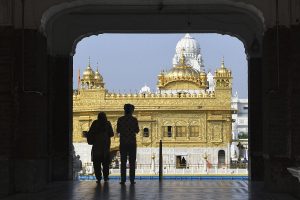Delhi will receive its first fleet of 300 e-buses in January 2022 since the tender for it has matured, said Ravinder Singh Minhas, Deputy Chief General Manager (Traffic and Public Relations), Delhi Transport Corporation (DTC).
“These e-buses will be controlled by private entities and operated by the DTC,” he told IANS.
Advertisement
In August 2020, Delhi Transport Minister Kailash Gahlot had said the national capital will receive as many as 2,000 electric buses by the end of 2021. However, a few months ago lack of infrastructure was cited as the reason behind the delay in the rollout of the first batch of this most commonly used mode of public transportation.
Both the Delhi and Central governments are actively batting for greener and sustainable vehicles to prepare better for the future challenges of environmental problems due to climate change.
“At present, there are 3,700 low-floor buses (red and green) and nearly 4,000 cluster buses (orange and blue ones) running on Delhi roads while the city requires 15,000 more buses,” the DTC official said, adding that, in 2010 a tender was passed for the procurement of 11,000 premium (air-conditioned) buses which hasn’t been processed till date.
Minhas held administrative issues responsible for the delay.
The DTC had floated a tender to purchase 1,000 buses in January 2021, which were intended to ply on the roads by September. However, following an allegation by BJP MLA Vijender Gupta of corruption in the annual maintenance contract (AMC) for procuring these buses, a three-member panel was formed by Lieutenant Governor Anil Baijal who has handed over the matter to the Central Bureau Of Investigation for a preliminary enquiry.
Minhas said in 2010 the then Delhi government had decided to divide the maintenance work of fleets between the DTC and private corporations. “Since then 50 percent of DTC-controlled fleets are being maintained by private players who can either look after the work on their own or assign it to their authorised agents, and the other half by the DTC.”
“Both the arrangements before and after 2010 are good. They both have their own pros and cons. However, at the end of the day proper management of the fleets is all that matters,” Minhas added.
On space for more vehicles in the national capital, Minhas said, “There is sufficient space in Delhi. Nearly 12 million cars are registered here and if they can run, so can a few thousand more buses.”
















